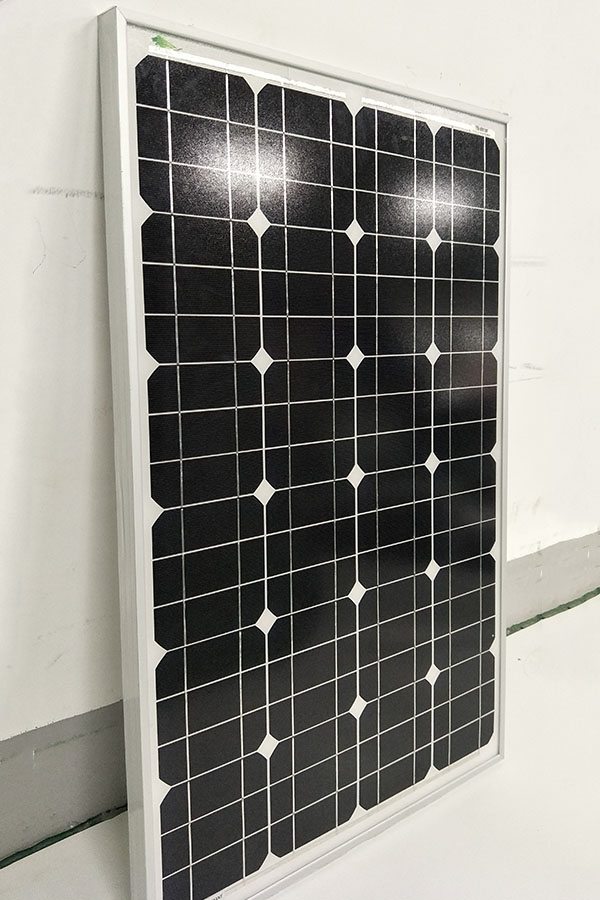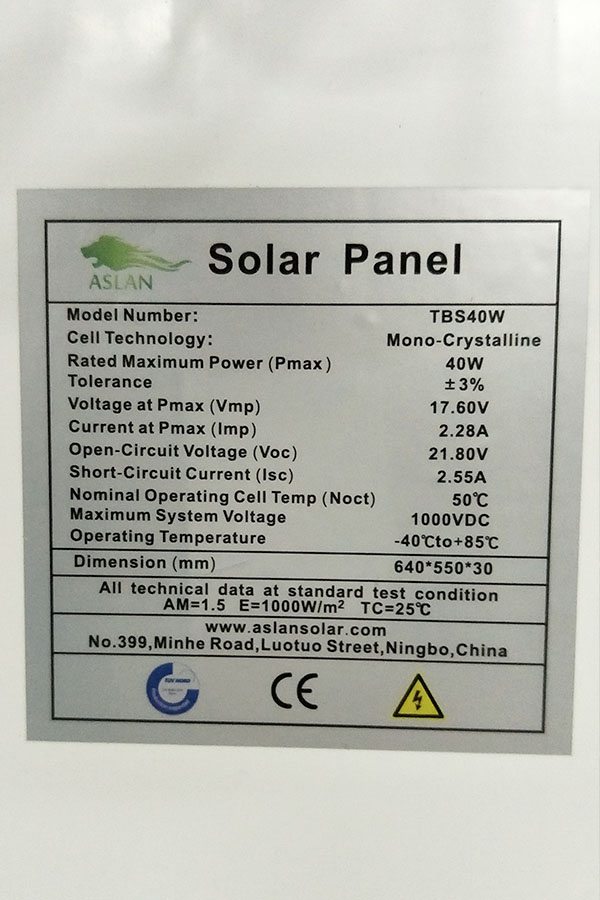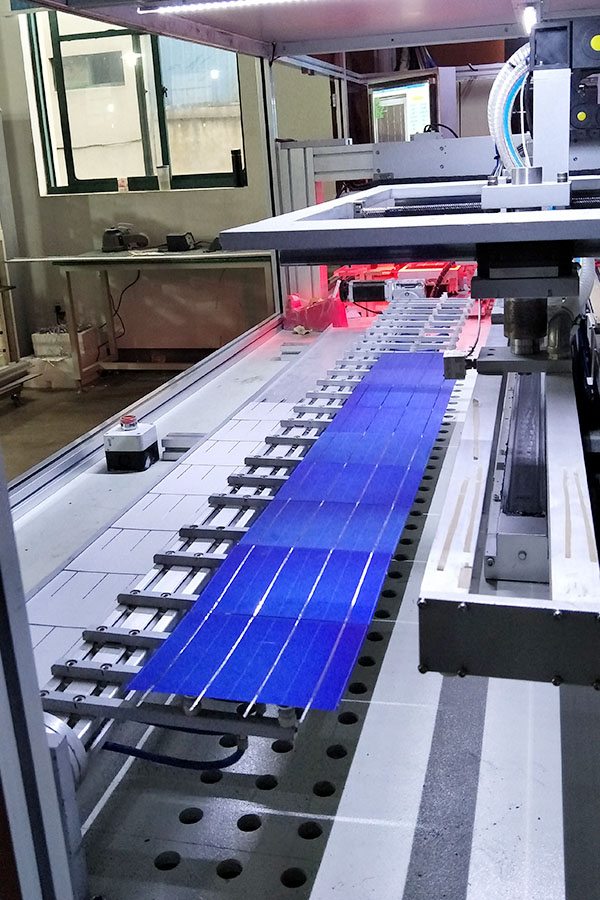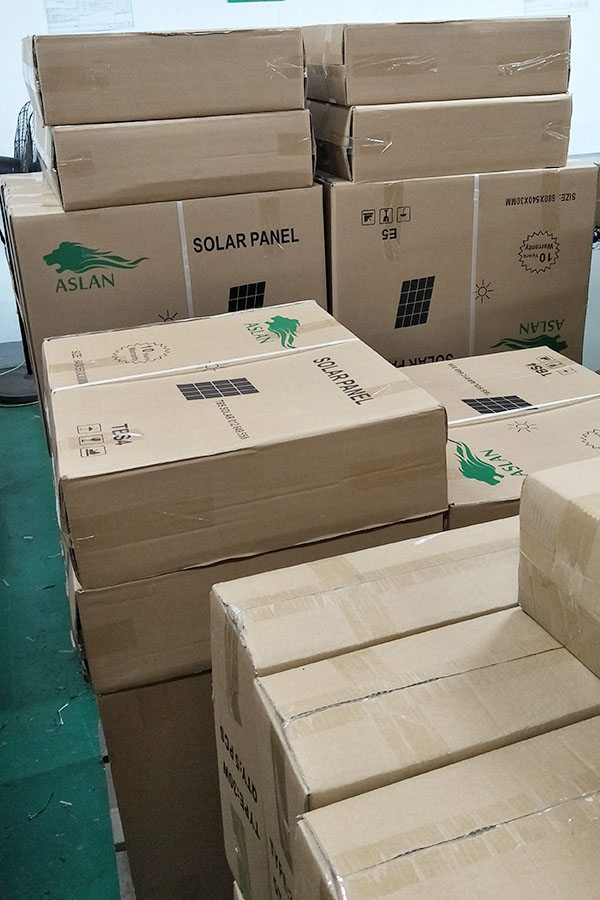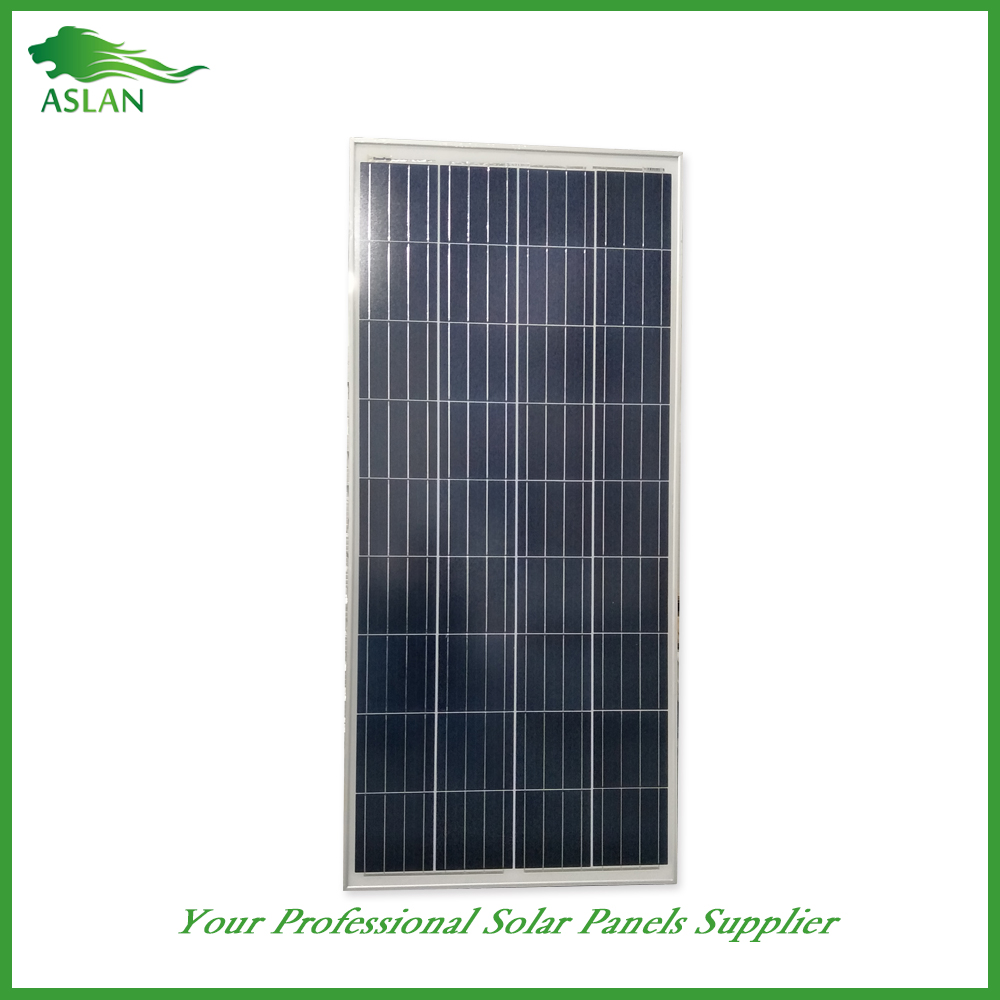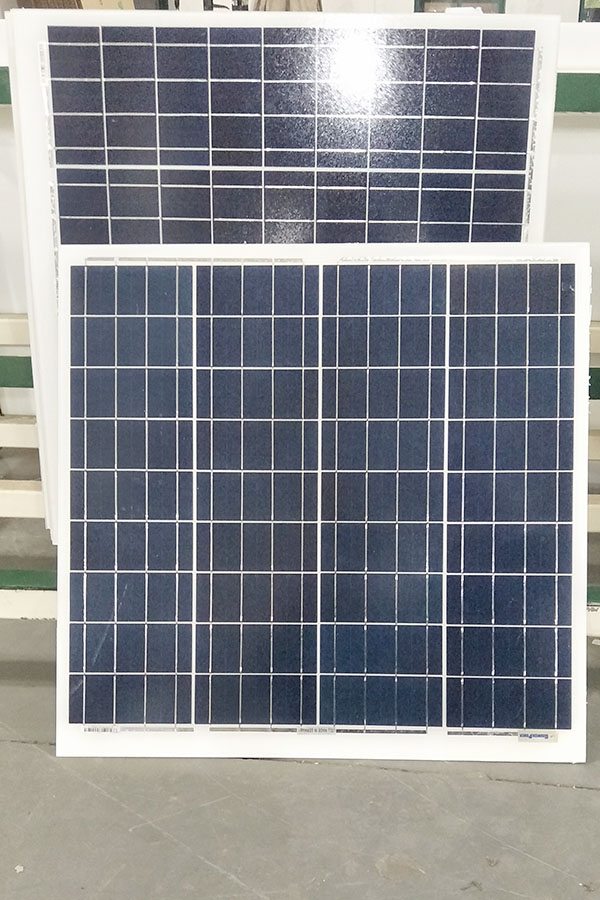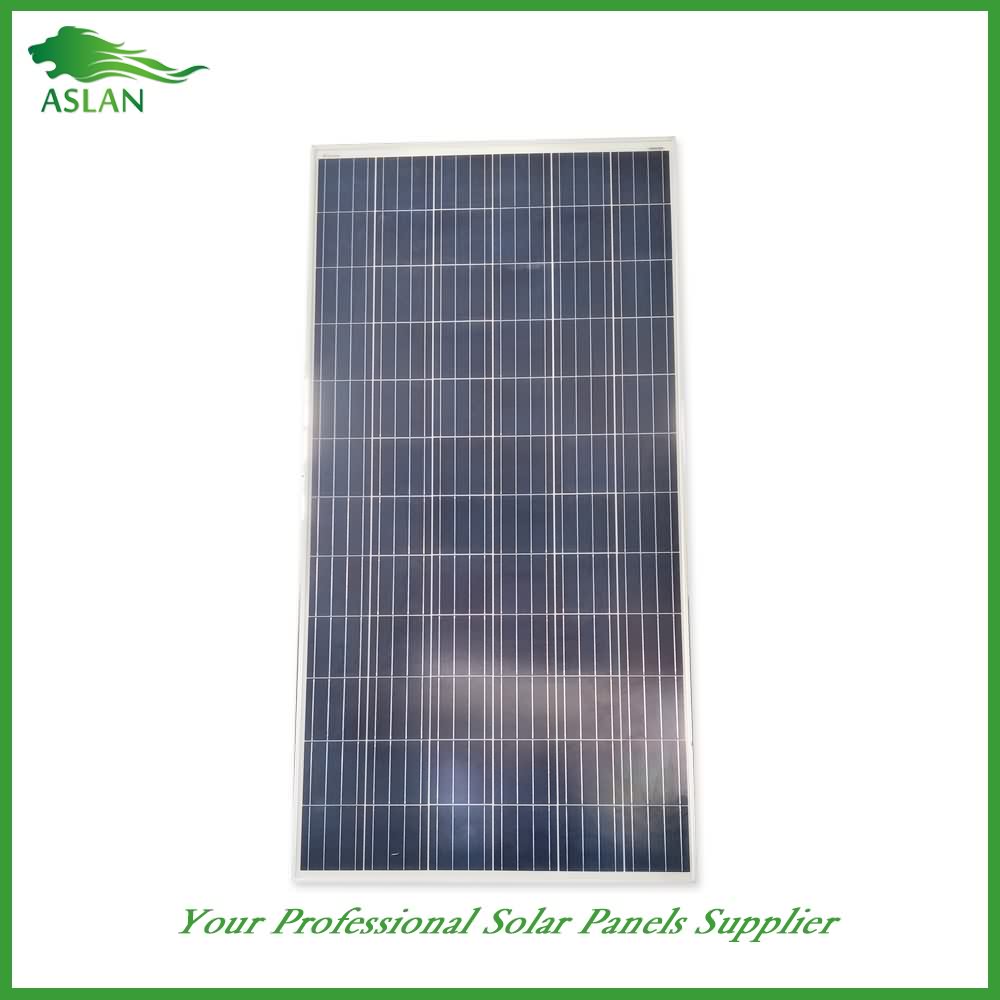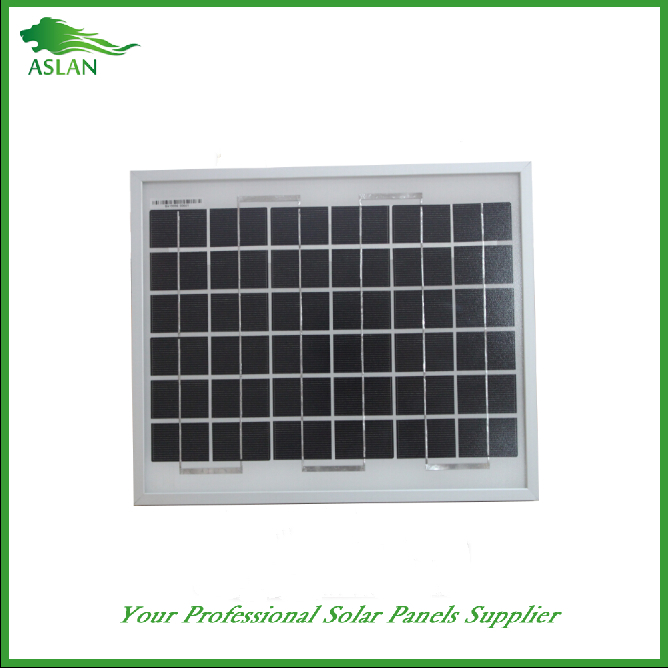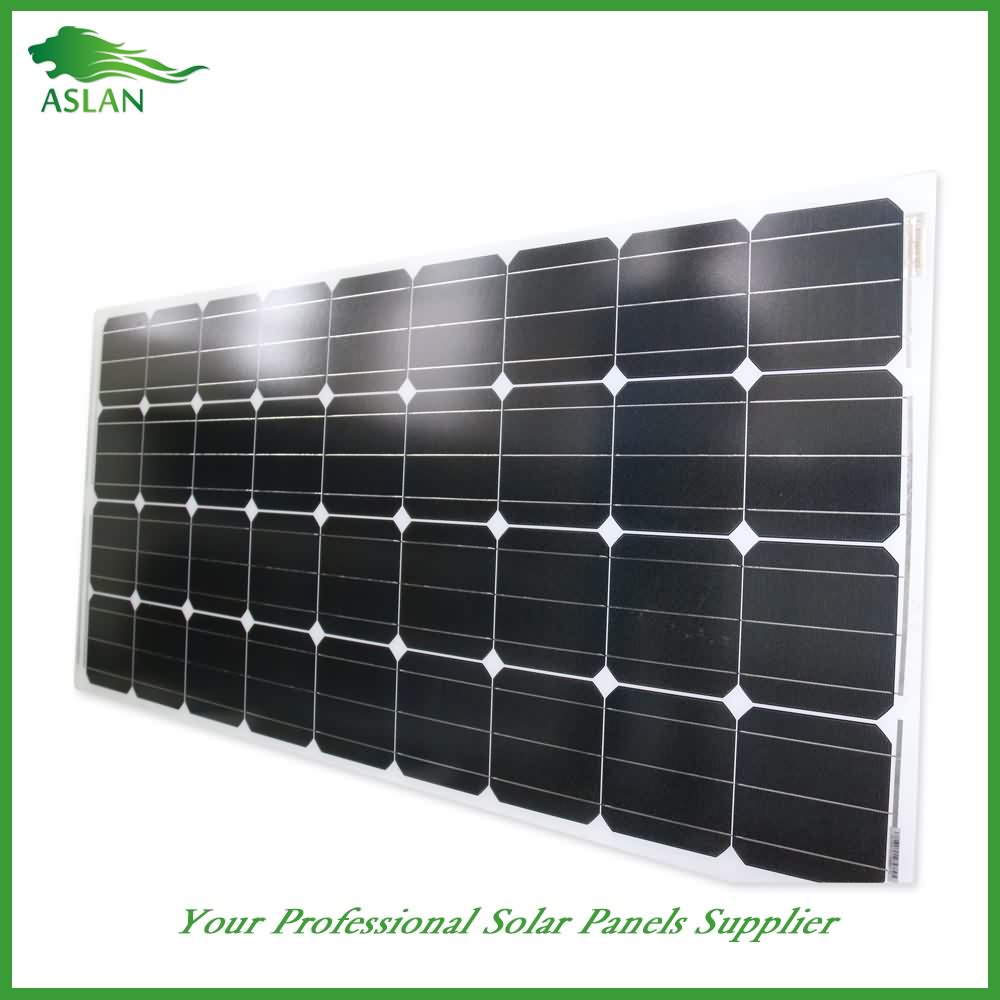Quality Inspection for Mono-Crystalline 80W Solar Panel Factory in Denver
Short Description:
We are experienced manufacturer. Wining the majority of the crucial certifications of its market for Quality Inspection for Mono-Crystalline 80W Solar Panel Factory in Denver, Let's cooperate hand in hand to jointly make a beautiful future. We sincerely welcome you to visit our company or contact us for cooperation!
Mono-Crystalline 80W Solar Panel
Technical parameter
Maximum Power(W) 80W
Optimum Power Voltage(Vmp) 15.90V
Optimum Operating Current(Imp) 5.03A
Open Circuit Voltage(Voc) 18.58V
Short Circuit Current(Isc) 5.59A
Mechanical Characteristics
Cell Type Monocrystalline 125x125mm (5 inch)
No of Cell 36 (4x9pcs)
Dimensions 906x670x35mm
Weight 7.2KGS
Front Glass 3.2mm,High Transmission, Low iron, tempered Glass
Junction box IP65 Rated
Output Cable TUV 1×4.0mm2/UL12AWG,Length: 900mm
Temperature and Coefficients
Operating Temperature(°C): -40°C ~ + 85°C
Maximum System Voltage: 600V(UL)/1000V(IEC) DC
Maximum Rated Current Series: 15A
Temperature Coefficients of Pmax: -0.435%
Temperature Coefficients of Voc: -0.35%
Temperature Coefficients of Isc: 0.043%
Nominal Operating Cell Temperature (NOCT): 47+/-2°C
Materials of solar panel
1).Solar Cell——Mono-crystalline solar cell 125*125mm
2).Front Glass——-3.2mm, high transmission, low iron, tempered glass
3).EVA——-excellent anti-aging EVA
4).TPT——-TPT hot seal made of flame resistance
5).Frame——anodized aluminum profile
6).Junction Box——-IP65 rated, high quality, with diode protection
Superiority: high quality anodized aluminum frame, high efficiency long life, easy installation, strong wind resistance, strong hail resistance.
Features
1. High cell efficiency with quality silicon materials for long term output stability
2. Strictly quality control ensure the stability and reliability, totally 23 QC procedures
3. High transmittance low iron tempered glass with enhanced stiffness and impact resistance
4. Both Polycrystalline and Mono-crystalline
5. Excellent performance in harsh weather
6. Outstanding electrical performance under high temperature and low irradiance
Quality assurance testing
Thermal cycling test
Thermal shock test
Thermal/Freezing and high humidity cycling test
Electrical isolation test
Hail impact test
Mechanical, wind and twist loading test
Salt mist test
Light and water-exposure test
Moist carbon dioxide/sulphur dioxide
A morning flight over a hybrid off-grid system in rural Maine. This system incorporates Pika Energy’s new B801 charge controller, T701 turbine, and an existing off-grid PV array.
Learn more at pika-energy.com
For some new panels go to www.altestore.com. I made a newer video that illustrates how new panels from them operate with a new inverter system here – https://www.youtube.com/watch?v=KSAL3Z3dqeA
Better and cheaper than building yourself. IMO.
I wanted to show the results of my efforts with building a home made solar cell. I encapsulated the cells on to the glass using Sylgar product, however the glass i ordered was supposed to be high temperature acrylic. Apparently not high temperature enough, as it was only a few days of exposure to the direct sun and the glass completely warped, breaking up many of the individual cells. Surprisingly the panel still seems to produce some useful wattage, but has become so hard to look at that i had to take it down as part of my primary solar array. ![]()
Learn from my mistake. I started this project, and started ordering the pieces to build it, 2 years ago (i’m slow). In that short period of time the price of Photovoltaic solar panels has fallen dramatically. So much so that the panel i was looking at for $2400 is now only $540 (correction from video). WAY WAY easier to buy proper manufactured panel. Building one from scratch is A LOT of work and soldering. So much soldering that the fumes become an issue and should be done in very well ventilated area or outside.
In this video i’m just playing with a self oscillating circuit i built and listening to the fluctuation in the current flow.
